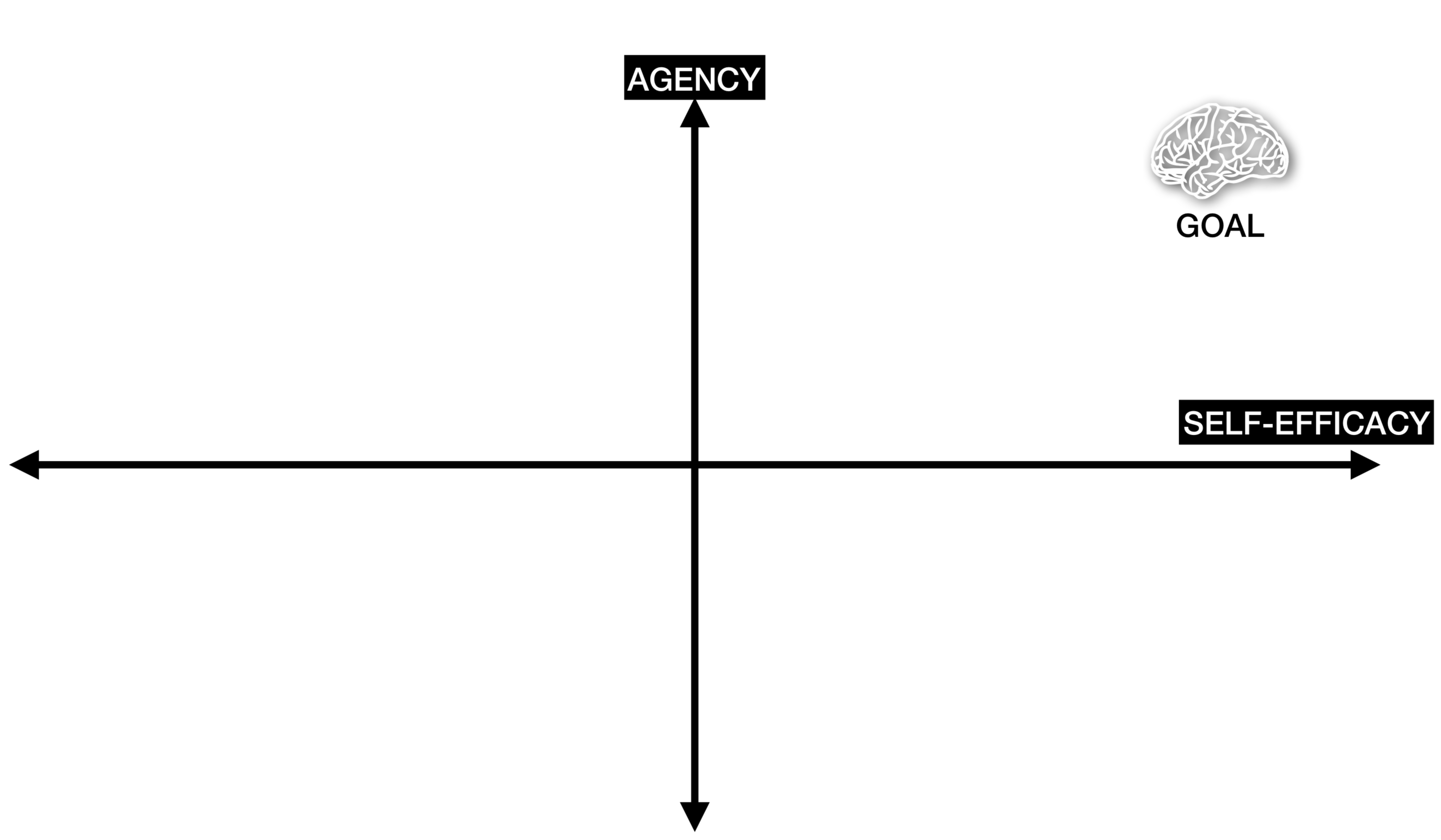Oli Anderson interviewed Education Futures' John Moravec for Design Decode, a project exploring design for improving the human experience. From the interview:
What would a ‘natural’ education system look like from the point of an individual human being?
I think we need to rethink power in education systems. There are many models of power, but I like to think of it as existing within two dimensions: agency and self-efficacy.
Agency relates to allowing individuals (students) to act independently. Expressions of agency in schools, for example, help determine what is learned and how it is learned. Learning in low agency schools is dictated from the top-down; while learning in high agency environments might be determined democratically from the learners-outward.
Self-efficacy relates to the ability of the individual to believe and take action to achieve his or her goals. Many students in low-agency schools somehow learn despite their schooling by figuring things out themselves. To me, self-efficacy is interesting because it is more subject to cultural norms and orientations.

For me, the goal in a ‘natural’ education lies at the intersection of affordances for high agency from the system and cultural orientations that encourage high self-efficacy among individuals. Unfortunately, the point of mainstream, industrial education is to limit affordances for both dimensions.
There is still hope out there. I’m inspired by democratic schools such as the Sudbury Valley School and the Summerhill School, but they are few and far in between and not well-studied.
Read the full interview at Design Decode.
Dr. John Moravec is scholar on the future of work and education; a global speaker; and is the founder of Education Futures LLC. His work has inspired new schools and initiatives around the world. He is most noted for creating the knowmads concept and as the lead author of Manifesto 15, a statement with principles for evolving learning.
Design Decode was established in 2015 with the aim of experimenting with and curating new possibilities in design culture through the publication of an interview series profiling exceptional people. Their mission is to call forth designers and non-designers from all disciplines, to unite them in human-shaped methods of communicating and collaborating, and to collectively evolve, adapt, and integrate new insights across multiple layers of complexity.








Education Futures LLC
+1 612-234-1231
hello@educationfutures.com
Subscribe to our newsletter
Follow us on: LinkedIn | Facebook